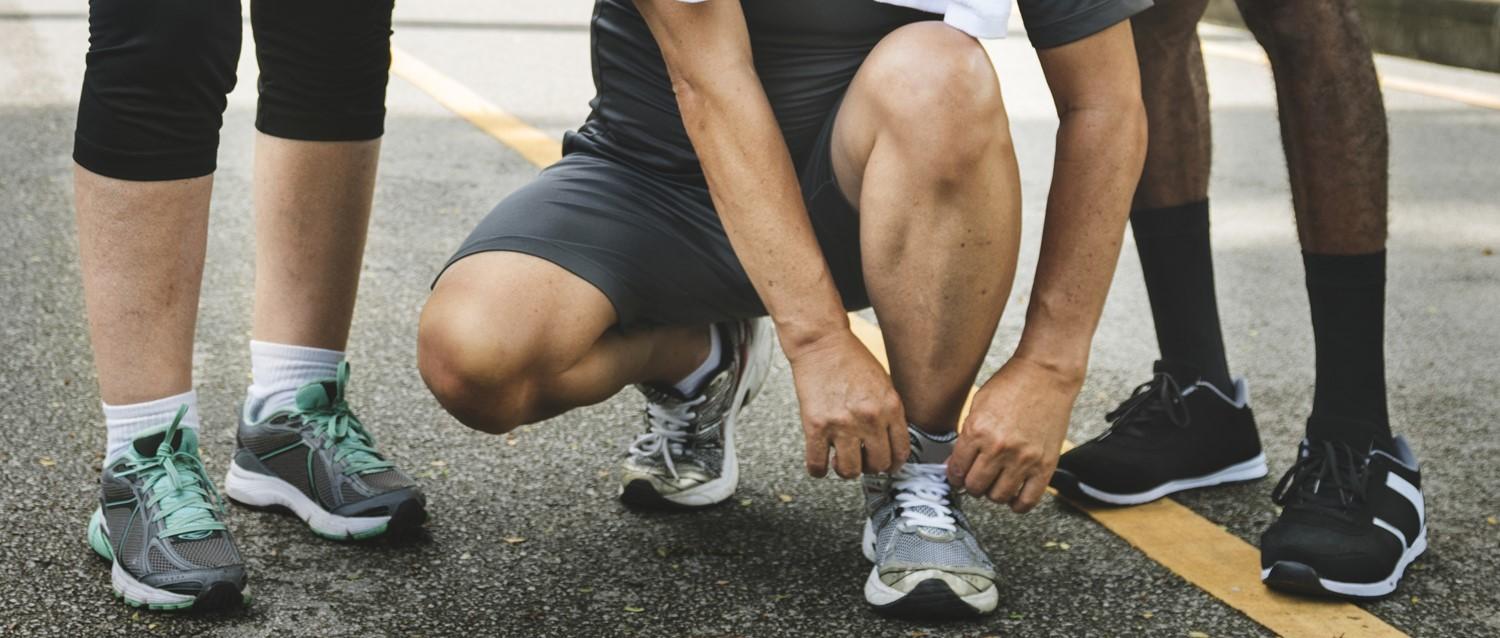
How to protect yourself from COVID-19 and flu in pregnancy
Peer reviewed by Dr Sarah Jarvis MBE, FRCGPLast updated by Amberley DavisLast updated 28 Oct 2021
Meets Patient’s editorial guidelines
- DownloadDownload
- Share
- Language
- Discussion
With unvaccinated pregnant women making up almost 20% of the most critically ill COVID-19 patients in England, it is more important than ever for women to protect themselves against COVID-19 and flu in pregnancy. There are many protective measures that can be taken at home, in work, and through health services.
In this article:
For most women pregnancy is an exciting time, but it can also bring on a new set of worries and concerns in the context of the COVID-19 pandemic. Reassurance is given by the leading pregnancy care organisations, who advise that around two thirds of pregnant women with COVID-19 have no symptoms, and most who do only have mild cold or flu-like symptoms.
This said, even before the recent pandemic, research has shown that pregnant women are more vulnerable to becoming severely unwell from viral infections, which include both COVID-19 and flu. COVID-19 data back this up, showing that there is a higher risk of becoming severely unwell with both these infections during pregnancy.
You can protect your own health, and your baby's health, and reduce any stress you may feel by following your GP or midwife's advice. Making the most of their support and following recommended protective measures will significantly reduce your chances of becoming unwell.
Continue reading below
Why are the risks of COVID-19 and the flu greater for pregnant women?
You are more vulnerable to both COVID-19 and the flu in pregnancy due to the extra pressure put on your heart and lungs, and the changes pregnancy triggers in your hormones and immune system. The further into your pregnancy, the more at risk you are of becoming seriously ill.
This is reflected in the most recent COVID-19 data, which indicate that mothers-to-be who have not been vaccinated are making up almost one fifth of the most critically ill patients in England. The findings are also a wake-up call on the significance of having the COVID-19 vaccination if you are pregnant.
Sarah McMullen, director of impact and engagement at the National Childbirth Trust (NCT), says: "Some pregnant women can get life-threatening illness from the COVID-19 virus. Also, if you're pregnant and get COVID-19, it's twice as likely your baby will be born early and you're more likely to develop pre-eclampsia and to need an emergency caesarean. Your risk of stillbirth is also twice as high, although this number still remains low."
Vaccines and pregnancy
According to the Centers for Disease Control and Prevention, vaccinations are the most important step in protecting yourself against viral infections, such as flu and COVID-19.
"We strongly encourage pregnant women to consider having both flu and COVID-19 vaccinations, and have lots of evidence-based information on our website to help you make a decision," says McMullen.
"The NHS, the Royal College of Obstetricians and Gynaecologists (RCOG) and Royal College of Midwives (RCM) strongly recommend having both flu and COVID-19 vaccines if you are pregnant."
Annual flu vaccine and pregnancy
A 2018 study showed that getting a flu shot reduced the risk of a pregnant woman being hospitalised with flu by 40%.
If you're pregnant, flu is more serious due to your weakened immune system and increases your chances of developing complications, particularly in the later stages of pregnancy. Studies have shown that it's safe to have the flu vaccine at any stage of pregnancy and you'll pass some protection on to your baby too," explains McMullen.
In the UK, flu jabs are usually given in September and October when the temperature drops and flu is widely circulating in the population. If you are pregnant, you may be considered for early vaccination if you are in the later stages of pregnancy.
COVID-19 vaccine and pregnancy
In the UK, some pregnant women are worried about getting the COVID-19 vaccination. Misinformation on the risks, as well as the delay of real-world data on the effects of the vaccine on pregnant women, have contributed to vaccine hesitancy.
McMullen argues the importance of getting trusted, evidence-based information: "You can find reliable information and signposting on the flu vaccine and COVID-19 vaccine on the NCT website. We'd encourage anyone who has questions or concerns to talk to their midwife or GP, and get a second opinion if they're not feeling confident."
There are very strong real-world data that back up the effectiveness in reducing hospitalisations, including data from July 2021 which revealed that more than 99% of pregnant women admitted to hospital with symptomatic COVID-19 were unvaccinated.
Both the RCOG and RCM believe that the benefits far outweigh the risks. One of the main concerns is around the lack of data on COVID-19 and pregnant women, given that this group could not be included during the vaccination trials. Since the roll-out, 100,000 pregnant women in England and Scotland and over 160,000 in the USA have had the vaccine (using Pfizer BioNTech or Moderna) and there have been no health concerns raised compared to the general population.
Other risks to consider are the same ones that apply to the wider population. These include temporary side-effects from the vaccine which usually settle in a day or two and aren't considered to be serious:
Injection site reactions (sore arms).
Fatigue.
Headaches.
Muscle pain.
Fever.
Chills.
Joint pain.
One extremely rare but dangerous side-effect is blood clots on the brain (known as cerebral venous sinus thrombosis). The risk of these clots, while still small, is many times higher with COVID-19 infection than with vaccination, and the risk is smaller still with the Pfizer BioNTech or Moderna vaccines than with the AstraZeneca vaccine. Pregnant women are only being offered Pfizer BioNTech or Moderna vaccines.
Continue reading below
How to prevent catching COVID-19 or flu in pregnancy
Both COVID-19 and flu are spread mainly through small particles containing the virus when a person speaks, coughs or sneezes. There are plenty of habits that can help to significantly reduce your chances of catching these viruses:
Keeping a distance from others, including meeting people outside where possible, limiting the number of people you meet, and avoiding crowded spaces.
Opening doors and windows to let fresh air circulate when you meet people indoors.
Wearing a mask in public spaces, including on public transport.
Hand-washing or using hand sanitisers.
Avoiding people who are sick.
Cleaning and disinfecting surfaces frequently.
Living a healthy lifestyle will also improve your immune response to viruses:
Getting plenty of sleep.
Being physically active.
Managing your stress.
Drinking lots of water.
Following a healthy diet, and taking folic acid and vitamin D supplementation. (The NHS has some helpful guidance.)
Protection from COVID-19 and flu in pregnancy at work
According to the government guidelines for pregnant employees, the information provided in guidance from the Royal College of Obstetricians and Gynaecologists and the Royal College of Midwives on Coronavirus in Pregnancy should be used as the basis for the risk assessment carried out by your employer after you inform them you are pregnant. These guidelines also state that your employer should ensure that you are able to follow any national guidance on COVID-19 preventative measures.
Other safety precautions you can take to prevent COVID-19 and flu in pregnancy include:
Routinely cleaning objects and surfaces that are touched regularly, including doorknobs, keyboards and phones, to help remove germs.
Making sure your workplace has an adequate supply of tissues, paper towels, soap, alcohol-based hand rubs, and disposable wipes.
Continue reading below
Making use of healthcare services
This may be an obvious point, but it's important to make use of the healthcare available. This includes seeking and following the advice of your doctor or midwife.
It is incredibly important not to miss pregnancy appointments if you are worried about contracting COVID-19 at the practice. Instead, to help shield yourself from catching COVID-19 or flu in pregnancy, many doctors are offering virtual appointments where possible.
Finally, if you experience any of the symptoms associated with COVID-19, remain at home and call your doctor or midwife straight away. In an emergency in the UK, always call 999.
Patient picks for General information

COVID-19
Is it COVID-19 or flu this winter?
Cases of flu and COVID-19 are both on the rise this winter, so how can you tell the difference between these viruses? Knowing which illness you're dealing with can help you to protect others and may help you get better quicker.
by Lawrence Higgins

COVID-19
Can lifestyle changes reduce your COVID-19 risk?
During the COVID-19 pandemic, we're all doing our bit to keep ourselves and others safe. Following guidelines, wearing masks when advised and practising social distancing can all help to reduce the spread of the virus. But is there anything we can do to reduce our personal risk of contracting the virus, or our risk of serious disease if we do get infected?
by Gillian Harvey
Continue reading below
Article history
The information on this page is peer reviewed by qualified clinicians.
28 Oct 2021 | Latest version

Ask, share, connect.
Browse discussions, ask questions, and share experiences across hundreds of health topics.

Feeling unwell?
Assess your symptoms online for free
Sign up to the Patient newsletter
Your weekly dose of clear, trustworthy health advice - written to help you feel informed, confident and in control.
By subscribing you accept our Privacy Policy. You can unsubscribe at any time. We never sell your data.